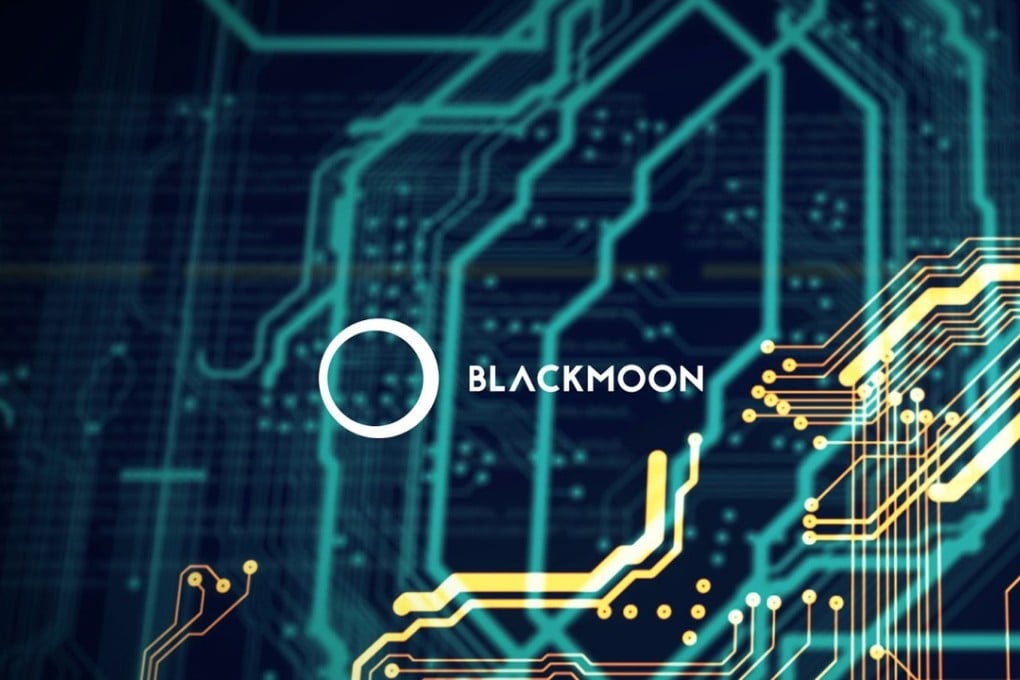With Xiaomi’s IPO crimped, is there any need for a digital token? digital currency firm Blackmoon thinks so
Customers can pay in ethereum, bitcoin or litecoin to subscribe to Xiaomi’s Hong Kong listing

Blackmoon, a Limassol, Cyprus-based company that is setting itself up as a bridge between the digital realm of cryptocurrencies and the real world of financial assets, is offering punters a digital route to partake in the initial public offering of the world’s fourth-largest smartphone maker.
We had a poll on social media … and many people said that they are interested in participating in the IPO through tokens
It offered to sell digital tokens for Xiaomi’s shares on a dollar-for-dollar basis. Customers could pay in ethereum, bitcoin or litecoin, while Blackmoon used the proceeds to subscribe to Xiaomi’s US$4.7 billion IPO in Hong Kong. Trading of Xiaomi’s shares will commence on July 9 on the main board of the Hong Kong stock exchange.
The token is similar to an equity derivative product, which offers investors exposure to the price of an underlying security or index. If Xiaomi shares rise, investors will get a return. And if Xiaomi shares underperform, investors in the tokens will make a loss.
A Xiaomi spokesman said Blackmoon’s token sale had not been approved or endorsed by the smartphone maker, and disavowed all knowledge of it.
“The price of the Xiaomi token is determined by the IPO price of Xiaomi’s shares, with applicable fees,” said Blackmoon’s chief operating officer, Sergey Vasin. “We only accept crypto[currencies], so it would be the equivalent amount in US dollars or Hong Kong dollars.”
The token price is linked to the performance of Xiaomi shares, according to Blackmoon, and holders will be able to redeem the tokens on a monthly basis. Upon redemption, Blackmoon will sell the Xiaomi shares in the portfolio equal to the value of the tokens being redeemed. Token holders will receive their investment in virtual currencies, although Blackmoon said it was working on options to pay investors back in cash. There is a lock-in period of 93 days after the IPO date, which means investors will not be able to cash out until after three months of buying the tokens.